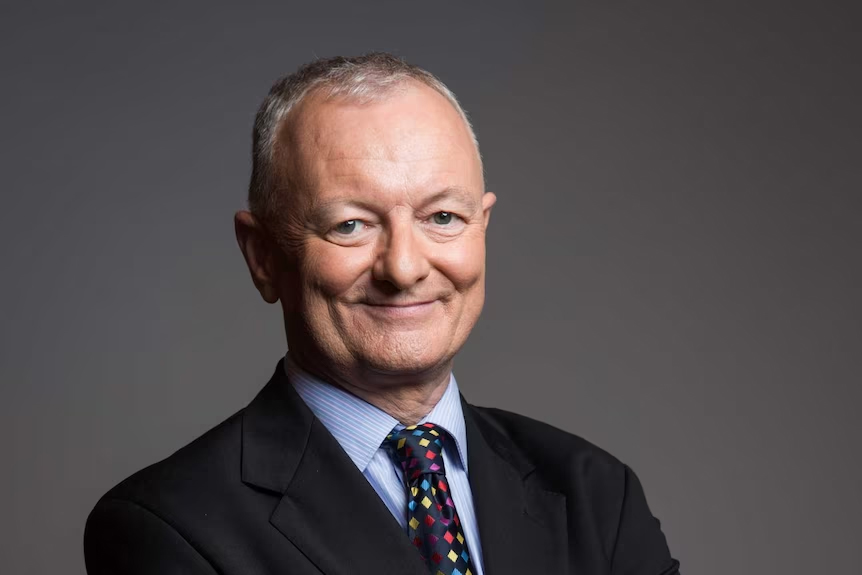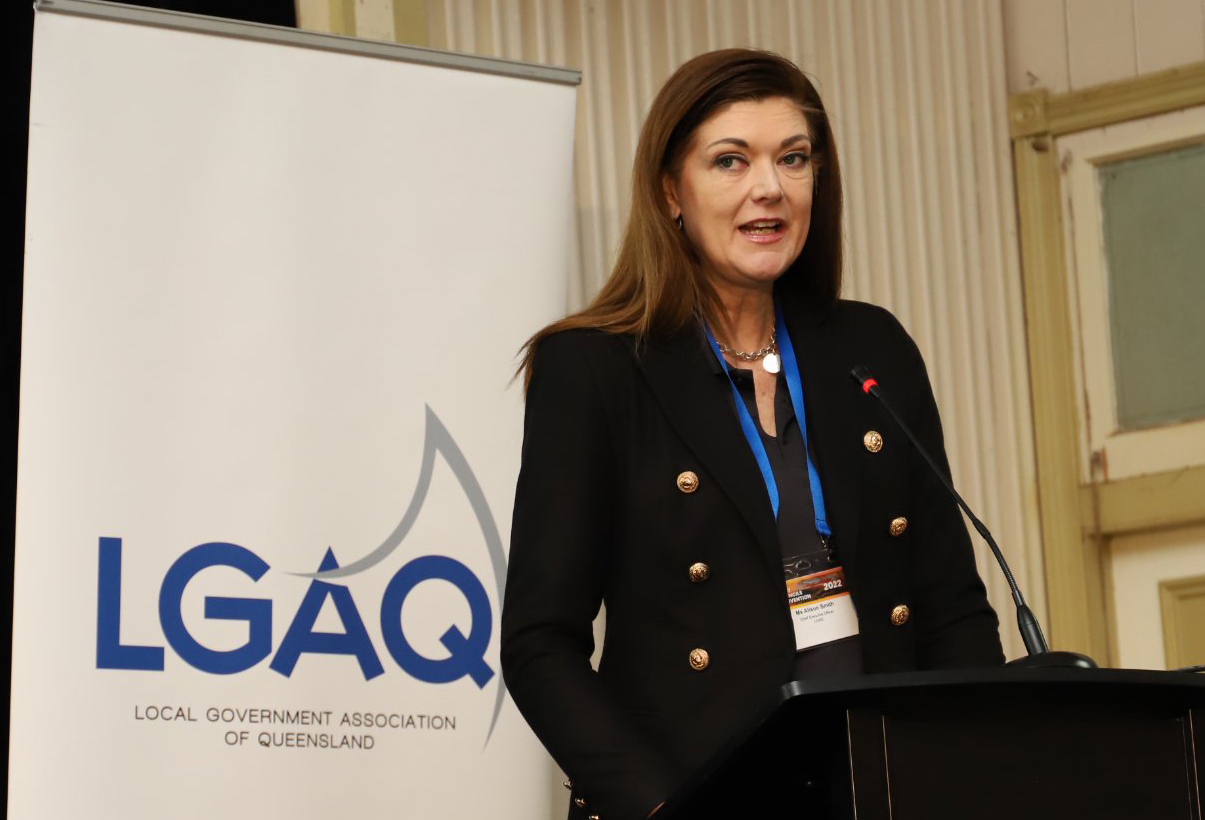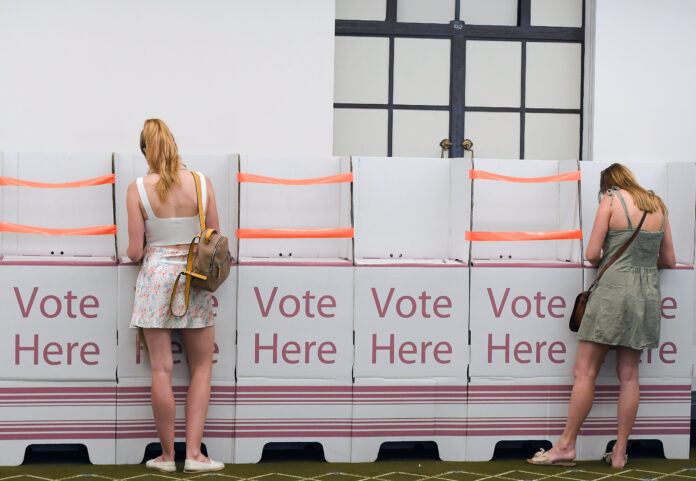To preference, or not to preference – that is the question on the minds of Sunshine Coast voters as they prepare to head to the ballot box.
And the answer is: it depends on where you live.
Yes, that’s right, depending on which council you live in will determine how you must vote in the March 16 local government elections, although many are expected to start voting from today when pre-polling booths open across the state.
But what is consistent across all local government areas is that candidates cannot do ‘preference deals’.
“A lot of people think that a candidate’s preferences on their how-to-vote card will influence the count,” the ABC’s election ‘guru’ Antony Green told Sunshine Coast News.
“What the voter puts on the ballot paper is the only thing that is counted.”
The information that candidates will have on their how-to-vote cards is publicly available via the Electoral Commission of Queensland (ECQ). Scroll down to see how the mayoral candidates for the Sunshine Coast and Noosa are asking people to vote.

For those living in Sunshine Coast Council, you will have three options when casting a vote in both the mayoral and councillor elections.
You can simply put a ‘1’ next to your candidate of choice on either ballot paper; you can number the candidates ‘1’, ‘2’ or ‘3’, for example; or you can number every single candidate in the preference order you decide.
In the Sunshine Coast, all three options would be considered formal votes under the optional preferential system.
However, for those living in the Noosa Shire Council, the format changes.
In the mayoral election, the same system as the Sunshine Coast applies with optional preferential voting.
However, in the Noosa councillor election, voters must number candidates in preferred order from 1-6 in what is called first-past-the-post voting.
Simply putting a ‘1’ on the ballot paper, or only numbering three candidates, would result in an informal vote and it would not be counted.
The ECQ says that if voters were to number all candidates from 1-14 on the ballot paper it would count, however the preferences from 7-14 would be irrelevant.
Allen Munck lives in Dulong, which is in Division 10 of Sunshine Coast Council, and says it would be easier for Queenslanders if all elections, including state and federal elections, had the same system.
“I was completely unaware that preferential voting was in place,” he told Sunshine Coast News.
“When I found out I did a bit of a scan of our neighbours and they didn’t know about it, either.
“So many people have been moving around and this could cause some confusion.”
Watch the videos: Candidates have their say on region’s transport
Mr Munck said he wanted to make sure that everyone’s vote counted.
“This is a very important election of a government body,” he said.
“We’ve got the Olympics coming up and there is a lot of growth and change happening in the region.
“What happens in the next council term is going to shape our future.”
Mr Green said voters could do their research on the ECQ website before casting their vote.
“It can get confusing when councils have the mayoral vote under optional preferential voting and then first-past-the-post for the councillor elections,” he said.
“It will be interesting to see how things go in Ipswich on election day because they have a state seat by-election, as well as a unique multi-member ward for the council elections.”

Mr Green said staff at the voting centres would help guide voters on the system, while instructions are also written at the top of the ballot paper.
“Most of the confusion I see at elections is the preferences and people not understanding how they are counted,” he said.
There will be a close eye on the informal vote number following the election after the Sunshine Coast Council recorded one of the highest informal vote counts in 2020.
Watch the videos: Mayoral candidates make pitch for top job
Across Queensland’s 77 local government areas, the rate of informality at the 2020 local government elections was 4.76 per cent for mayoral elections and 5.44 per cent for councillor elections.
In the Sunshine Coast, that number soared to 7.34 per cent for the mayoral election and 6.47 per cent for the councillor election. In Noosa, the figures were 3.1 per cent and 8.87 per cent respectively.
The Local Government Association of Queensland said that most people were happy with the current arrangements.
“Queensland councils know every local community is unique so local decisions provide the best solutions for local communities, rather than a one-size-fits-all approach,” LGAQ chief executive Alison Smith said.
“Nowhere is this more critical than the democratic process.

“If postal voting, booth voting or a mixture of both suit a community best, communities should be allowed to adopt those arrangements, with councils working with the ECQ to balance local voter preferences with the most cost-effective delivery.
“Queensland councils also remain firmly opposed to any changes to introduce compulsory preferential voting and/or proportional representation.
“The majority of candidates seeking election to a Queensland council do so as individuals wanting to represent their communities rather than a particular political party.
“The introduction of compulsory preferential voting at local government elections would lead to the politicisation of these elections, which would be to the detriment of the sector and the communities they represent.
“Comprehensive polling by Colmar Brunton found 70 per cent of Queensland voters were happy with the current system governing council elections.
“Retaining the current voting system for local government elections respects the views of Queenslanders, Queensland councils and the recommendations of the state-commissioned report into local government elections.”
In a statement, the ECQ said it had no control over the voting systems for each council.
“The voting systems and electoral arrangements for local governments in Queensland are established in accordance with the Local Government Electoral Act 2011 and Local Government Act 2009,” an ECQ spokesperson said.
“This legislation is passed by the Queensland Parliament, and there is no discretion for the Electoral Commission of Queensland or individual councils to apply different voting systems.
“The Sunshine Coast Regional Council election, as a divided council, will have optional preferential voting for both the mayor and councillors, while the Noosa Shire Council election, as an undivided council, will have optional preferential voting for the mayor and first-past-the-post voting for councillors.
“Under the first-past-the-post voting system, a vote will be formal if the ballot paper is marked with more consecutive numbers than the number of councillors to be elected, as the voter’s intention is clear.
“After elections have concluded, the ECQ analyses informal ballots cast at the elections to assist in determining whether informal ballots have been cast intentionally or unintentionally, and to inform strategies to minimise informal voting.
“To assist voters to understand the different voting systems that are used in Queensland, the ECQ has developed a short explainer video that is also available on the ECQ website.”
Mayoral candidates’ ECQ-approved how-to-vote card information (as of March 1)
Sunshine Coast Council (in ballot order)
- Jason O’Pray: Vote 1 Jason O’Pray
- Min Swan: Vote 1 Min Swan
- Michael Burgess: none approved
- Rosanna Natoli: Vote 1 Rosanna Natoli, 2 Ashley Robinson
- Wayne Parcell: Vote 1 Wayne Parcell
- Ashley Robinson: Vote 1 Ashley Robinson, 2 Rosanna Natoli, 3 Min Swan
Noosa Council (in ballot order)
- John Morrall: Vote 1 John Morrall
- Frank Wilkie: Vote 1 Frank Wilkie
- Ingrid Jackson: Vote 1 Ingrid Jackson
- Nick Hluszko: Vote 1 Nick Hluszko, 2 Ingrid Jackson, 3 John Morrall, 4 Frank Wilkie
Do you have an opinion to share? Submit a Letter to the Editor at Sunshine Coast News via news@sunshinecoastnews.com.au. You must include your name and suburb.





